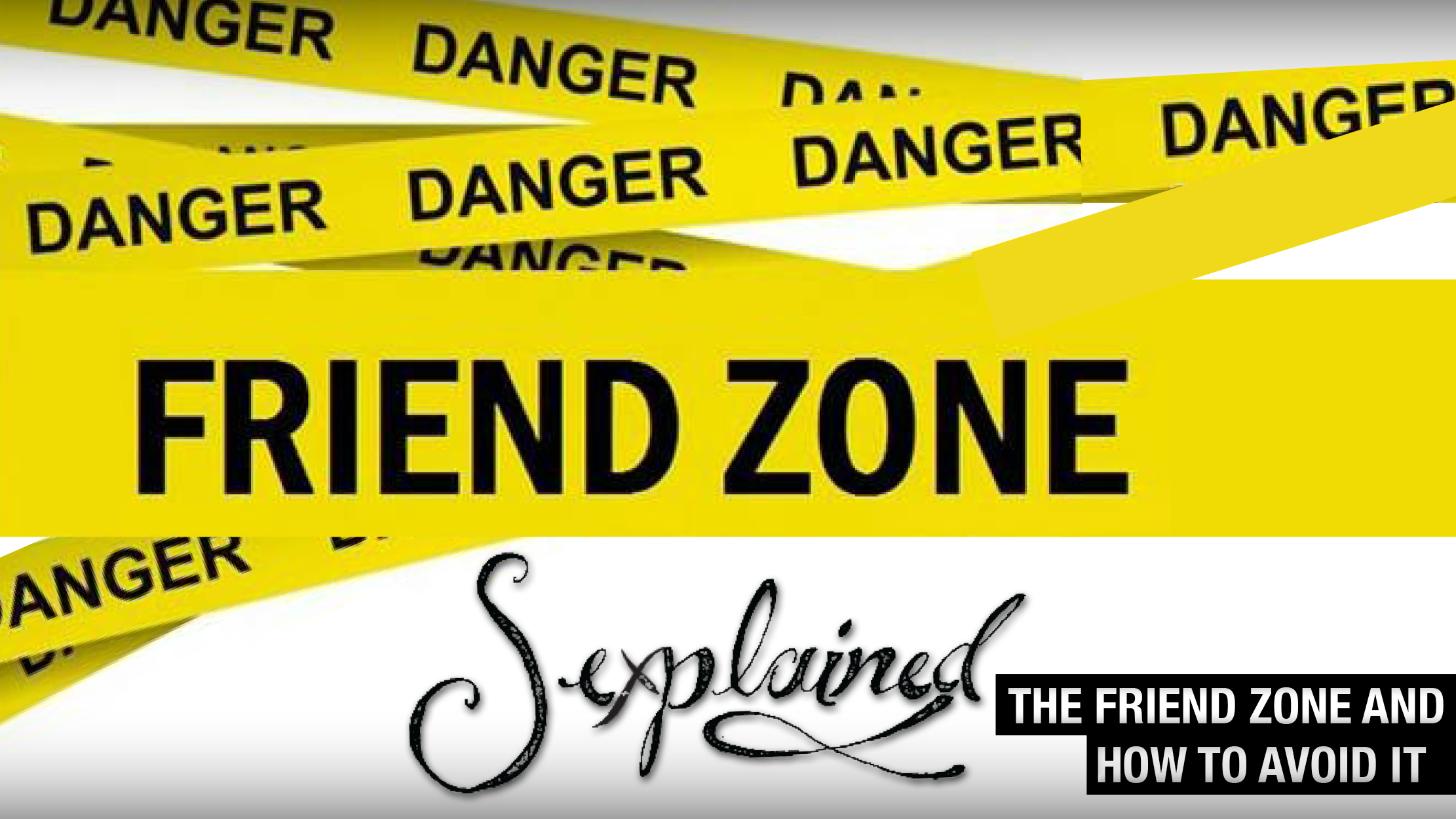The Friend Zone and How to Avoid It
A part of the reason why a lot of the relationships are falling apart around us at this time, especially in a college setting, is because of what we call “the friend zone.” Before we go on, I think I should throw out there that relationships don’t always mean official boyfriend and girlfriend. As we know there are various types of relationships in which people are intimately involved with one another. So just because you may not have a title on your situation, you have some sort of relationship with that person, especially if you’re sexually involved.
“The friend zone” defines a situation where there is a disparity in romantic feelings between two individuals who may or may not be sexually involved. However, in a college environment, they are better known as “friends with benefits.” In these situations, there usually comes a point in time where the supposed benefits just aren’t cutting it anymore and there is commitment mismatch, in which only one person wants to progress into a relationship while the other doesn’t. Once someone gets stuck in the friend zone, their emotional needs aren’t being met and they’re not getting what they need or want from the person they are involved with. However, because the other person is completely satisfied with the situation or may be too scared to move forward, the other person is reaping all the benefits in which they’re needs and wants are being met without any commitment. So now the relationship becomes unfair and unequal—the person who has been friend-zoned doesn’t feel good because they may feel that they’ve given everything to their “friend” without ever getting what they wanted in return.
Well, from firsthand experience, I know the shit sucks. However, by fully understanding the unevenness of the friend zone and what it is, it can be avoided from the get-go.
One main reason why people end up in the friend zone is that they’re too tentative, scared, or passive instead of being upfront about what they want from the beginning. They may not want to overwhelm their “friend” or seem too forward. So they approach the person as just a friend or begin as friends with benefits because its easier to get involved that way and less emotionally risky. The individuals getting involved don’t clearly communicate what they want from the relationship either because they’re scared of rejection or would rather use a sneaky approach by using friendship to slide in—and these situations rarely ever work. Of course there are the exceptions in which hookups turn into official relationships and friends turn into lovers but these involve a mutual understanding and mutual feelings from the start.
Instead of getting stuck in the friend zone by staying quiet, just state what you want from the beginning to create an honest trade. Relationships, official or not, are about mutuality and equality. If the other person isn’t interested in what you want or you’re not interested in what they want, then simply walk away and find someone else who is. Settling for a situation you’re not happy with or trying to lure someone into a situation in which you know you’ll be reaping all the benefits can cause serious heartbreak. It’s easier if everyone just asks for what they want from the beginning.
Another reason why people end up in the friend zone is because they’re too good. They end up doing all the work, making all the sacrifices, and putting in all the effort. They make it easy to be with them. You’d think that making yourself easy to love would make it easy for someone to commit to you but unfortunately, it doesn’t. People tend to take that easiness for granted and it’s just as easy for them to forget you. People value and invest in what they work hard for, so by doing all the work, you are friend zoning yourself—you’re investing and developing all the feelings in the relationship while the other is not because they’re sitting back just taking what you’re giving them. To avoid this situation you must make them work too. You need to make sure that effort and investment is balanced on both sides and that you’re giving just as much as you’re getting. This can be done through simply asking for what you want and if the person is not down, then you know what you have to do.
In a nutshell, be bold and demand an equal trade. Don’t do too much; give the other person space to work and invest. Don’t settle for a miserable situation in which you’re giving and giving and the other person is just taking. You deserve to get what you want too so instead of being complacent, find someone who is willing to give it to you.


